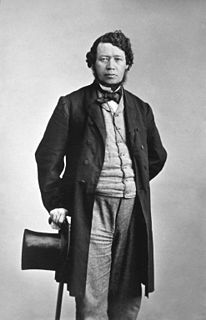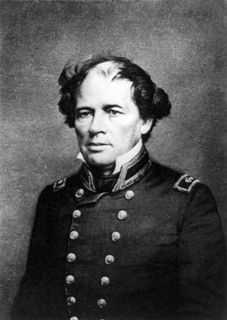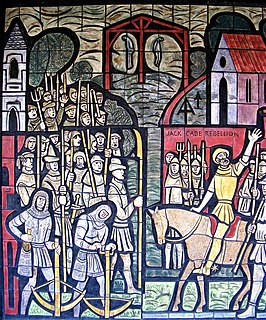A Quote by Abraham Lincoln
No organic law can ever be framed with a provision specifically applicable to every question which may occur in practical administration. .. No foresight can anticipate nor any document of reasonable length contain express provisions for all possible questions.
Related Quotes
The next week she withheld my paycheck until I signed a document (drafted by David) in which I promised not to marry Connor. Ever. I signed the document, took the check, and had David draft another document forbidding all Spellmans to practice any form of blackmail. David tried to explain to me that a contract in which you promise not to break the law is ultimately redundant, but I didn't care.
Did it ever occur to you, that there is no conflict of interests among men, neither in business nor in trade nor in their most personal desires if they omit the irrational from their view of the possible and destruction from their view of the practical? There is no conflict, and no call for sacrifice, and no man is a threat to the aims of another if men understand that reality is an absolute not to be faked, that lies do not work, that the unearned cannot be had, that the undeserved cannot be given, that the destruction of a value which is, will not bring value to that which isn't.
Everything we did was done in form and with propriety, and the result of our proceedings is the document [the Quebec Resolutions] that has been submitted to the imperial government as well as to this house and which we speak of here as a treaty. And that there may be no doubt about our position in regard to that document we say, question it you may, reject it you may, or accept it you may, but alter it you may not.
Every physical fact, every expression of nature, every feature of the earth, the work of any and all of those agents which make the face of the world what it is, and as we see it, is interesting and instructive. Until we get hold of a group of physical facts, we do not know what practical bearings they may have, though right-minded men know that they contain many precious jewels, which science, or the expert hand of philosophy will not fail top bring out, polished, and bright, and beautifully adapted to man's purposes.
I wish my countrymen to consider that whatever the human law may be, neither an individual nor a nation can ever commit the leastact of injustice against the obscurest individual without having to pay the penalty for it. A government which deliberately enacts injustice, and persists in it, will at length even become the laughing-stock of the world.
We cannot live in peace without Law. And though law cannot be perfect, it may be just if it is written in ignorance of the identity of the claimants and applied equally to all. Then it is a possession not only of the claimants but of the society, which may now base its actions upon a reasonable assumption of the law?s treatment.
































